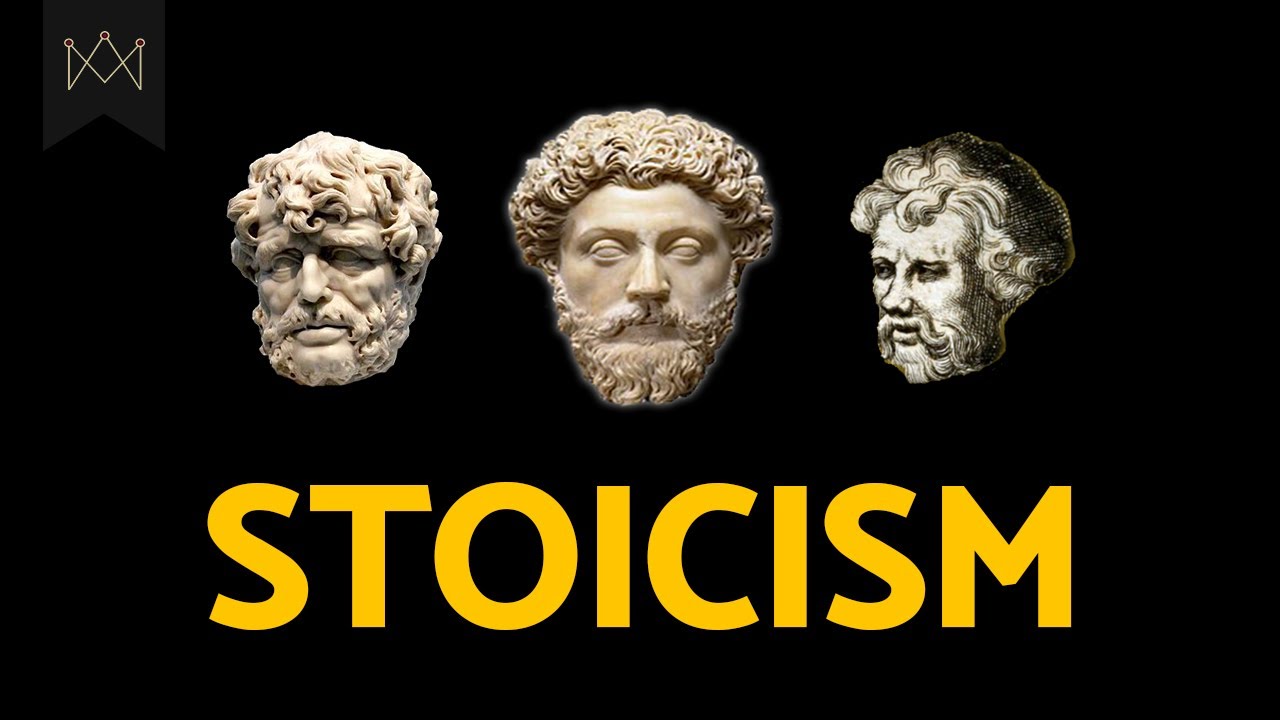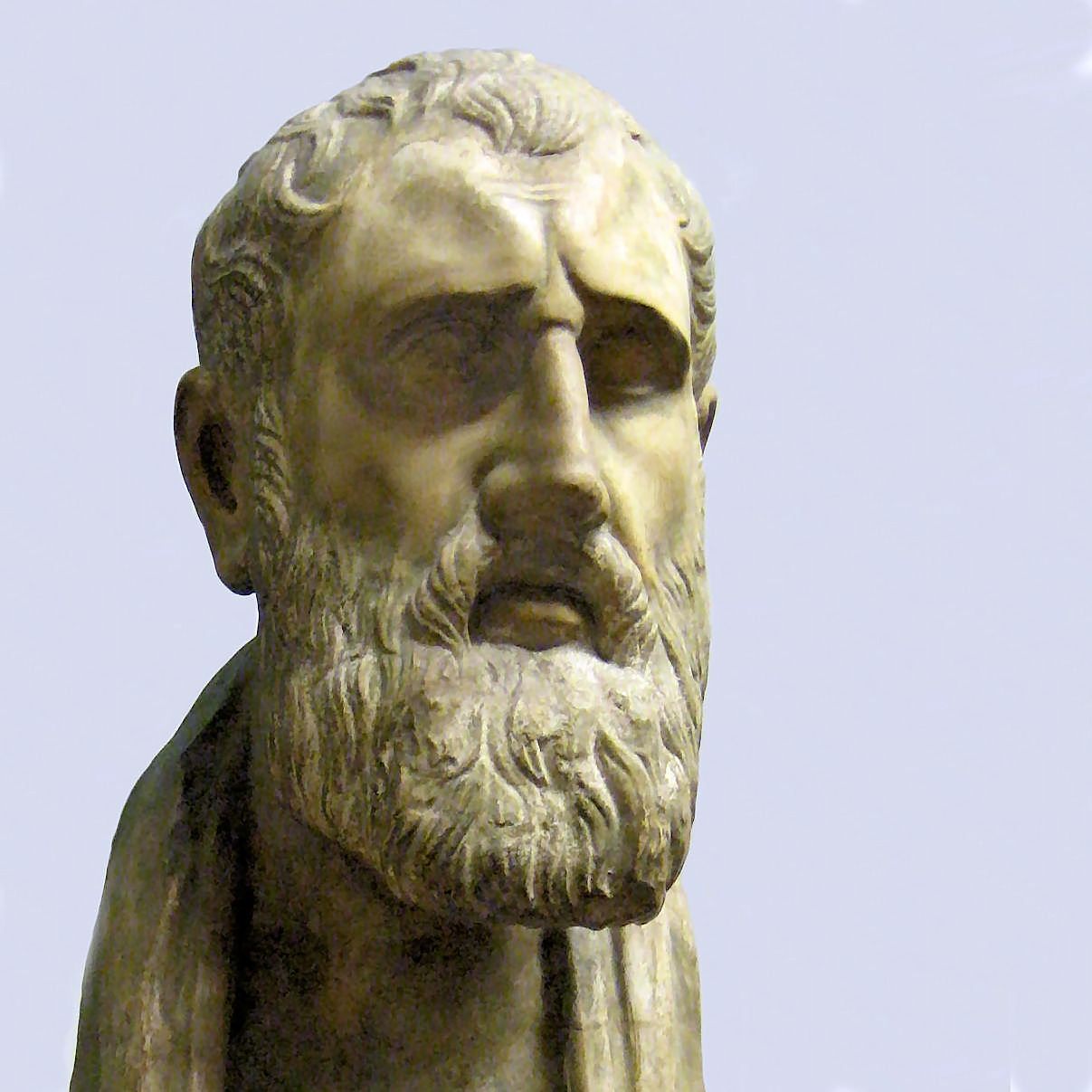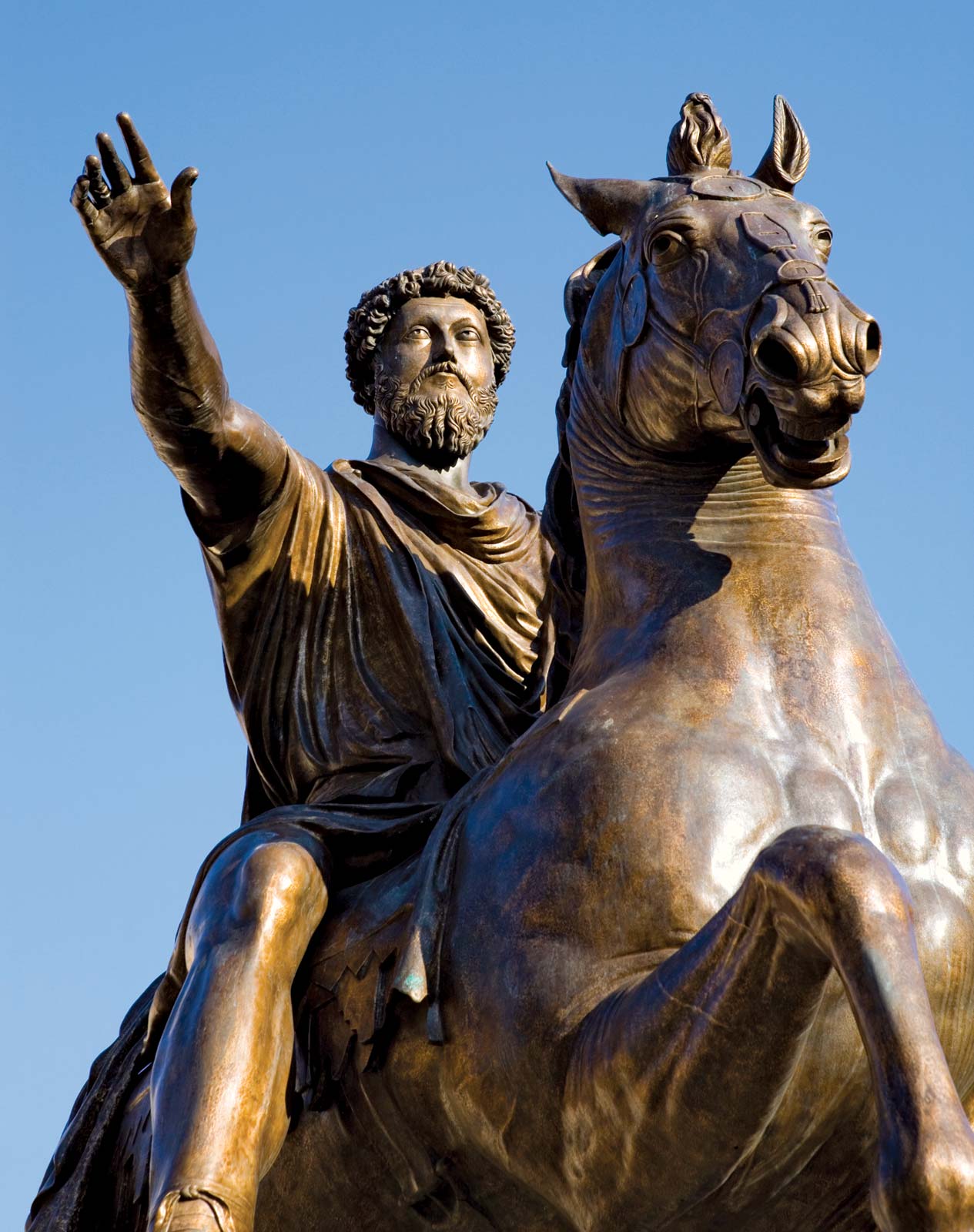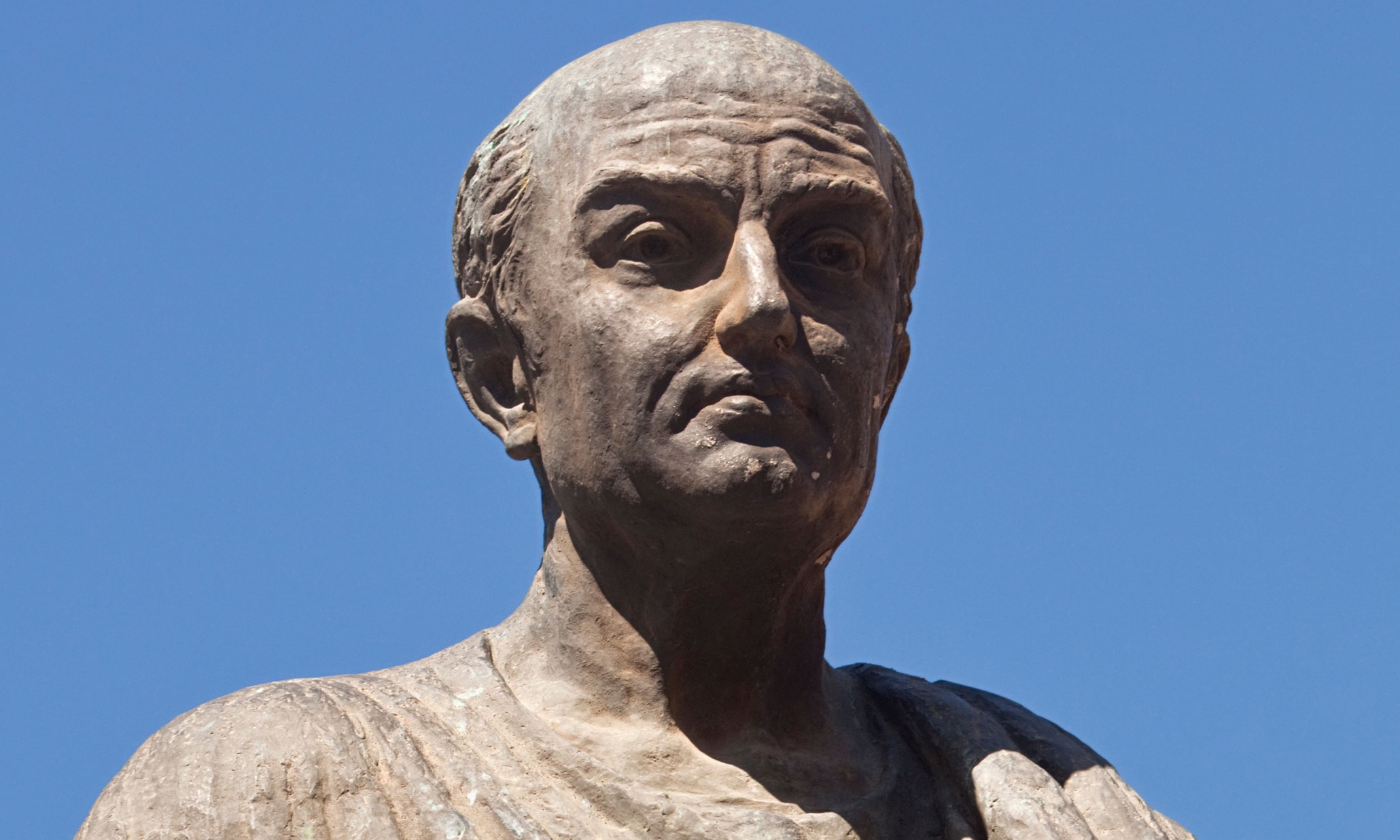March 6, 2024

An Introduction To Stoicism
Stoicism is a philosophy founded in ancient Greece around 300 BC. This philosophy teaches how to focus on what you can control to live your best possible life. The British have a saying called 'Keep A Stiff Upper Lip' that encapsulates this philosophy.
Following Stoic philosophy, you learn how to enjoy things without being anxious about losing them. This is because Stoics believe suffering comes from your happiness being dependent on things you cannot control.
They see that dependence as a self-imposed slavery.
Because of this, a common misconception about Stoicism is that people who practice it are unemotional or do not feel joy.
On the contrary, Stoicism is about being able to find calmness and joy even when things you cannot control do not go your way.
Stoicism: here are the famous stoic philosophers:
Zeno of Citium (334 BC - 262 BC)
Stoicism was founded in ancient Greece by Zeno, the first Stoic philosopher.

Marcus Aurelius (121 AD - 180 AD)
Aurelius was Emperor of the Roman Empire for two decades. Nightly, he wrote in his journals.
Those journals are now published as a book called Meditations. These journals are known for changing a person's perspective.

Seneca The Younger (4 BC - AD 65)
Lucius Annaeus Seneca was the son of Seneca the Elder , who was a writer and rhetorician.
Seneca The Younger was an advisor to the Roman emperor Nero. He is famous for his practical ways of viewing the psychology of emotion, the human condition, and consumerism.

Epictetus (c. AD 50 - c. AD 135)
Epictetus was born a slave. After he was freed from slavery, he started a philosophical school. His book, The Enchiridion, includes a summary of his teachings.

Of the famous Stoics, similar key principles were taught that are still used today.
Here are 5 key principles of Stoicism
1. “Make the best use of what is in your power, and take the rest as it happens. Some things are up to us, and some things are not up to us.” - Epictetus
- This is a key principle that acknowledges some things are within our control whilst others are not. A recurring theme that comes up in Stoic teachings is the principle to focus on what you can control and accept what you cannot.
- Action Point: Practice focusing on what you can control - namely, your thoughts, judgments, and actions.
2. “If you are pained by any external thing, it is not this thing that disturbs you, but your own judgment about it. And it is in your power to wipe out this judgment now.” - Marcus Aurelius
- Stoics train themselves to look at events objectively as they happen. From a Stoic perspective, the events themselves are neither good nor bad. It’s the way that the individual Stoic responds that is either good or bad.
- Action Point: When you feel sad or angry, separate facts from feelings. How can you change your judgment about the situation to reach acceptance?
3. “How late is it to begin to live just when we must cease to live!” - Seneca
- Seneca wrote about appreciating the present instead of dreaming about the future. Stoicism also teaches its students to turn misfortunes into good fortune by accepting events as they come.
- Action Point: Although it may feel unnatural - learn to accept, and then look for the positive, in every situation.
4. “Every day and night keep thoughts like these at hand - write them, read them aloud, talk to yourself and others about them.” - Epictetus
- Journaling daily was a practice for Marcus Aurelius, Seneca, and Epictetus. Modern-day Stoicism keeps the daily practice of journaling as a part of the philosophy. In Stoicism, journaling is a way you can review the day, and prepare for the next day.
- Action Point: Journal daily - in the morning or evening. Reflect on the previous day and plan for the next day.
5. “There is a noble manner of being poor, and who does not know it will never be rich.” - Seneca
- Seneca believed poverty was good to test your discipline. Seneca observed wealth and the temptations that came with wealth as challenges to self-control.
- Action Point: What is one way you can put yourself in an uncomfortable situation? Take an ice bath, fast, or have a “no-spending” day. Do something that pushes you out of your comfort zone.
Stoicism: Conclusion
At its core, stoicism is a philosophy of acceptance. Stoics turn obstacles into opportunities because they believe external things do not affect their happiness.
Although some things - like looking for the positive in every situation - may feel unnatural, practicing stoicism can help you feel calmer and happier because you’re not focusing on the negative.
For a short introductory video on Stoicism check out the one below by political commentator Dinesh D'Souza.
Similarly here is him talking about the happiness from Stoicism
